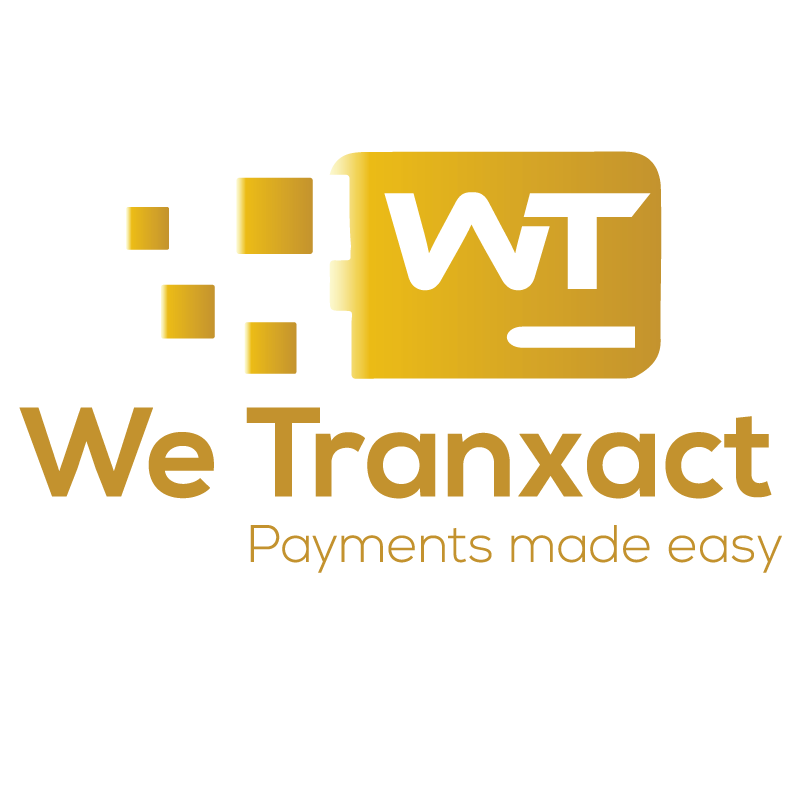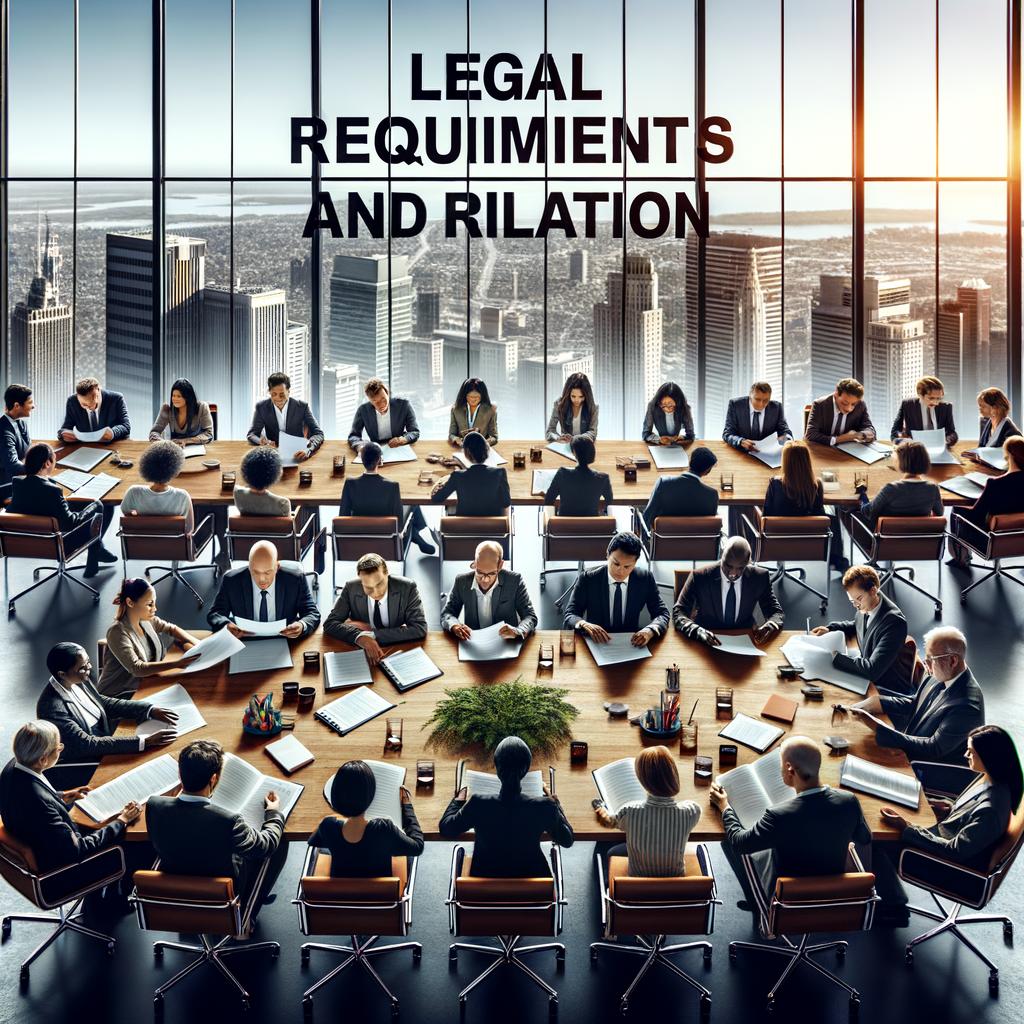Payment Industry Compliance: A Checklist for New Businesses
So, you’ve got big dreams of launching your shiny new business in the payment industry, huh? Well, hold onto your hats, because it’s time to talk about everyone’s favorite topic: compliance. Before you start raking in the dough, you’ll need to make sure you’re following all the rules and regulations that come with being in the payment game. But don’t fret, we’ve got your back with a handy-dandy checklist to keep you on the straight and narrow. Let’s dive in and make sure your business is squeaky clean and ready to conquer the world of payments!
Essential Guidelines for Ensuring Payment Industry Compliance
When it comes to ensuring payment industry compliance, new businesses must prioritize following essential guidelines to avoid potential pitfalls. One crucial aspect is staying up to date with the latest regulations and standards set by governing bodies. This includes understanding the Payment Card Industry Data Security Standard (PCI DSS) and implementing necessary measures to protect sensitive cardholder data.
Additionally, it is vital for new businesses to conduct regular security assessments and audits to identify any vulnerabilities in their payment systems. By partnering with reputable payment processors and providers, companies can leverage their expertise to navigate complex compliance requirements efficiently. Maintaining detailed documentation of compliance efforts and training employees on best practices are also key components of a successful compliance strategy.
Understanding Legal Requirements and Regulations
When starting a new business in the payment industry, it is crucial to ensure that you are compliant with all legal requirements and regulations. Failure to do so can result in hefty fines, lawsuits, and reputational damage. To help you navigate this complex landscape, we have put together a checklist of key compliance considerations for new businesses:
- Obtain necessary licenses and permits: Before you can start operating, you need to make sure you have the right licenses and permits in place. This may vary depending on your location and the type of payments you will be processing.
- Implement data security measures: Protecting your customers’ sensitive information is non-negotiable. Make sure you have robust data security measures in place to prevent data breaches and comply with regulations such as PCI DSS.
- Conduct regular compliance audits: Stay on top of your compliance obligations by conducting regular audits to identify any areas of non-compliance. This will help you address issues proactively and avoid potential penalties.
Implementing Secure Payment Processing Systems
When it comes to starting a new business in the payment industry, ensuring compliance with security standards is crucial for safeguarding sensitive customer data. is essential for building trust with customers and avoiding costly data breaches. Here is a checklist for new businesses to follow:
- Choose a reputable payment processor: Look for a payment processor that is compliant with PCI DSS (Payment Card Industry Data Security Standard) to ensure the highest level of security for transactions.
- Implement encryption: Utilize encryption technologies such as SSL (Secure Sockets Layer) to protect payment information during transmission.
- Maintain strict access controls: Limit access to payment data to only authorized personnel and regularly review access permissions to prevent unauthorized access.
- Regularly update software: Stay up to date with security patches and software updates to protect against vulnerabilities.
| Security Measure | Description |
|---|---|
| Data Encryption | Protects payment information during transmission. |
| Access Controls | Limits access to payment data to authorized personnel. |
Best Practices for Maintaining Compliance
In order to ensure that your new business in the payment industry remains compliant with all regulations and standards, there are several best practices that you should implement from the start. Here is a checklist to help you stay on track:
- Understand Regulations: Familiarize yourself with the relevant laws and regulations that apply to your business, such as PCI DSS, GDPR, and AML.
- Implement Secure Practices: Make sure to encrypt sensitive data, use secure payment gateways, and regularly update your systems to protect against data breaches.
- Train Employees: Educate your staff on compliance requirements and provide regular training to ensure they understand their roles in maintaining compliance.
- Regular Audits: Conduct regular internal audits and assessments to identify any potential compliance issues and address them promptly.
| Regulation | Description |
| PCI DSS | Payment Card Industry Data Security Standard |
| GDPR | General Data Protection Regulation |
| AML | Anti-Money Laundering regulations |
Key Takeaways
And there you have it, folks! Starting a new business can be a daunting task, especially when it comes to navigating the complex world of payment industry compliance. But fear not, armed with this handy checklist, you’ll be well on your way to ensuring your business is operating within the bounds of the law. Remember, compliance isn’t just about following the rules – it’s about protecting your customers, your business, and your reputation. So, stay informed, stay diligent, and watch your business thrive! Happy compliance-ing, everyone!
Comment (1)
Comments are closed.







Payment Industry Compliance: A Checklist for Ne...
March 27, 2024[…] So you've got your shiny new business up and running, ready to conquer the world with your innovative payment solutions. But before you start raking in the cash, there's one important thing you need to consider – compliance. Navigating the payment industry compliance landscape can be a daunting task, especially for new businesses. With a myriad of rules, regulations, and standards to adhere to, it's easy to feel overwhelmed. But fear not, we've put together a handy checklist to help guide you through the compliance process and ensure your business is on the right track. First up, familiarize yourself with the Payment Card Industry Data Security Standard (PCI DSS). This standard sets out requirements for businesses that handle cardholder information, with the aim of protecting customer data and reducing the risk of data breaches. Make sure your business is PCI compliant by implementing secure payment processing systems, encrypting customer data, and regularly monitoring your systems for vulnerabilities. Next, consider the rules and regulations set out by the Electronic Transactions Association (ETA). This trade association sets guidelines for businesses operating in the electronic payments industry, covering everything from payment processing to consumer protection. Keep up to date with the latest ETA regulations and ensure your business is in compliance with their standards. Don't forget about state and federal regulations either. Depending on the nature of your business and the type of payments you process, you may be subject to additional rules and regulations at both the state and federal level. Make sure you understand the specific requirements that apply to your business and take steps to ensure compliance. Lastly, don't overlook the importance of data protection and privacy in the payment industry. With the rise of cyber threats and data breaches, it's more important than ever to safeguard your customers' data and protect their privacy. Implement robust data protection measures, such as encryption and secure authentication protocols, to keep sensitive information safe and secure. By following this checklist and staying on top of industry compliance requirements, you'll not only protect your business from potential risks and penalties but also build trust with your customers and establish a reputation as a reliable and secure payment provider. So take the time to get your compliance in order, and you'll be well on your way to success in the payment industry. […]